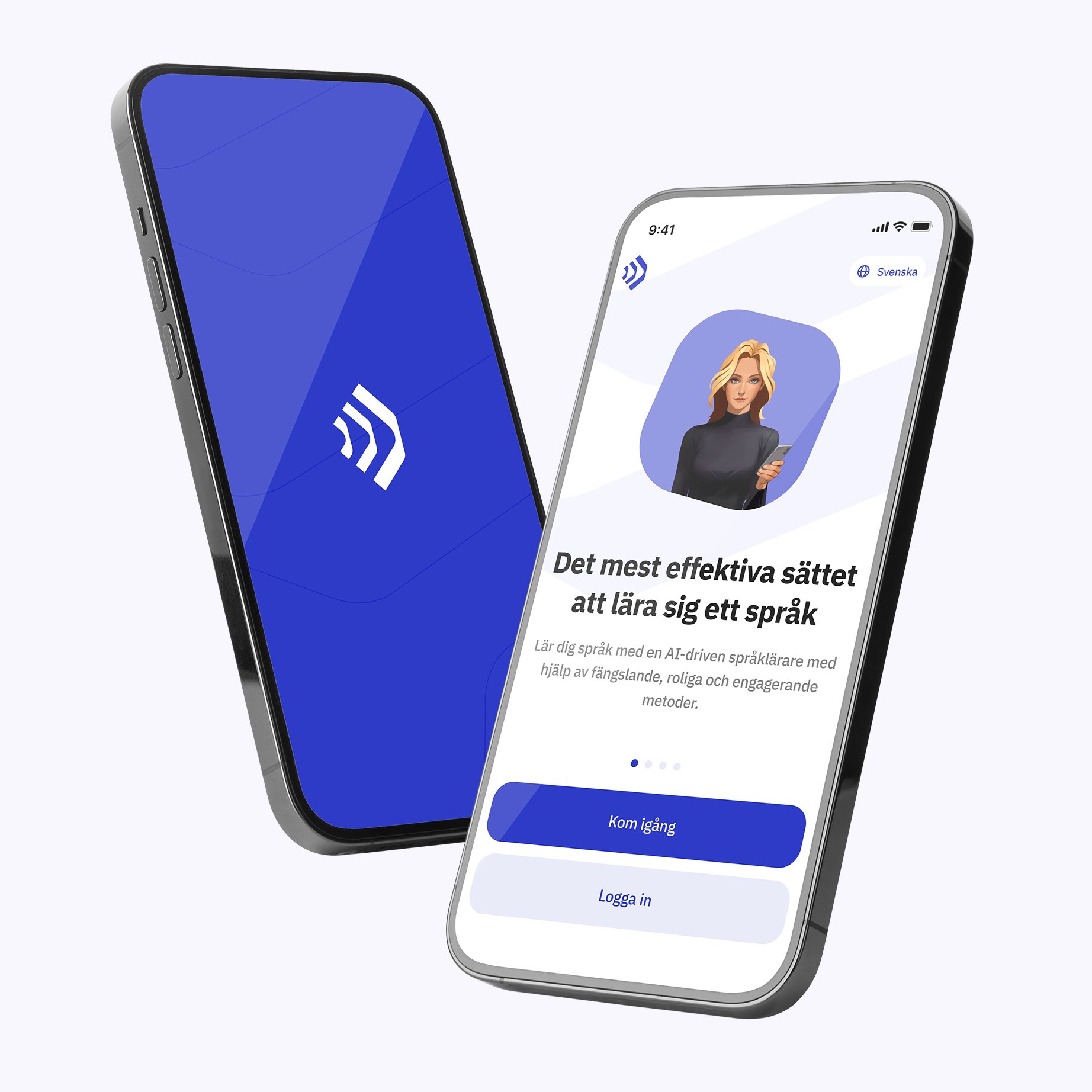I have already started to use it at the same time for another example and this is exactly what it is in English. And then you can see what you’re saying and then you’ll be able to find out what’s happening. You can see what you’re looking for and then you’ll see what you’re looking for and it’s a drag. Låt oss börja!
Övning 1: Omvandling från direkt till indirekt tal
He said, “I *am* going to France tomorrow.” (åker)
She asked me if I had *seen* her dog. (set)
The doctor advised, “You should *stay* at home.” (stanna)
“Don’t touch that!” the mother shouted. She yelled at her son not to *touch* that. (röra)
The teacher asked, “Have you done your homework?” He asked if we *did* our homework. (gjort)
”Why are you late ?” She asked me why I was *late*. (forsening)
He replied, ”I can’t come because I’m sick.” He said he *couldn’t* come because he was sick. (kunda)
“I forgot my book at home,” she confessed. She admitted that she *forgot* her book at home. (glömt)
“I’ll do my homework later,” he promised. He promised he *would* do his homework later. (skulle gora)
“Where did you put the keys?” she asked. She asked me where I *put* the keys. (lagged)
“I don’t know what to do,” he said. He said he didn’t *know* what to do. (screw)
She shouted, “Wait for me!” She shouted that we had to *wait* for her. (vanta)
“I’m sorry I’m late,” Paul apologized. Paul apologized for being *late*. (forsening)
“You should see a doctor,” Marie advised. Marie advised that he *should* see a doctor. (border)
“Will you come to the party?” he asked. He asked if you *would* come to the party. (komma skull)
Övning 2: Will identify the timing of the test and indicate it
He told me, “I *finish* the work.” He told me he was *finishing* the work. (avslutar)
She asked herself, “Why do I feel bad?” She wondered why she *felt* bad. (kände)
“I won’t be able to come,” he explained. He explained that he *couldn’t* come. (skulle kunna)
“I’d like some coffee,” she said. She said she *would* like some coffee. (town ha)
The boy asked, “Can I play outside?” The boy asked if he *could* play outside. (få)
The principal announced, ”School starts at eight o’clock.” The principal announced that school *started* at eight o’clock. (börjar)
“I’ll be there at five,” he promised. He promised he *would* be there at five. (skulle vara)
“You don’t need to wait for me,” she said. She said I didn’t need to *wait* for her. (vanta)
He asked, “Do you have the time?” He asked if we *had* the time. (hade)
“I’ve never seen that before,” she said. She said she had never *seen* that before. (set)
“We’re going to win the game,” the players shouted. The players shouted that they *were* going to win the game. (ská)
“Can you help me?” she asked. She asked if I *could* help her. (can)
“I have to finish my homework,” he said. He said he *had* to finish his homework. (mast)
She announced, ”I will run for office.” She announced that she *would* be a candidate for the election. (skulle bli)
“We need more time,” they explained. They explained that they *needed* more time. (behover)










